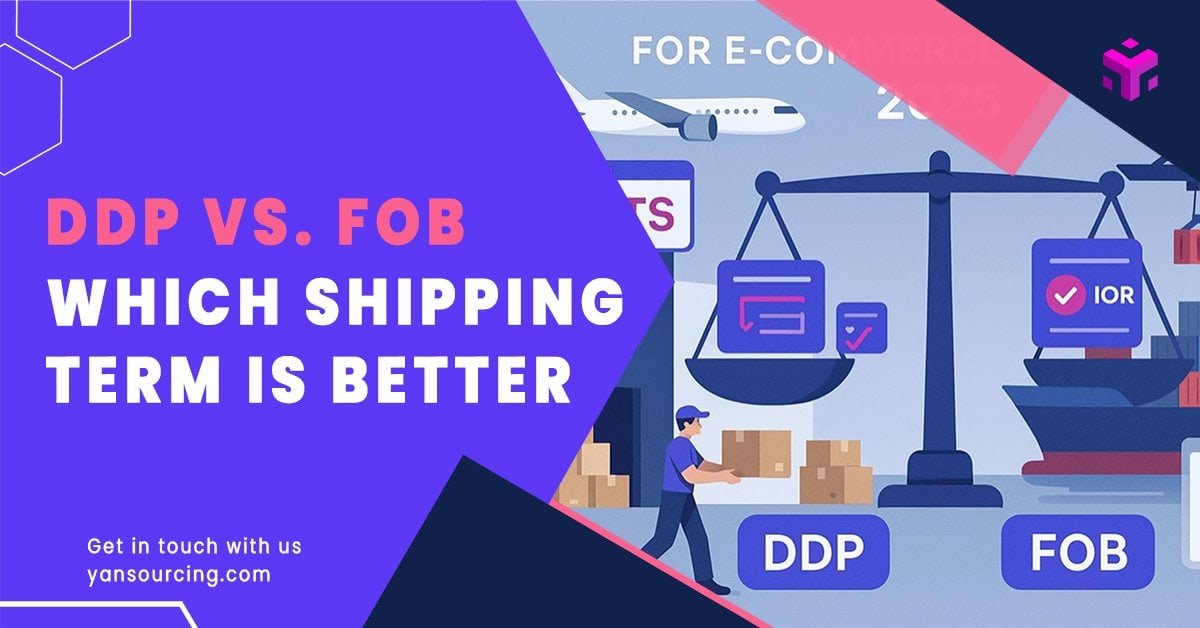
If you’re importing from China for Amazon FBA, Shopify, or a 3PL, choosing between DDP and FOB is one of the most consequential levers on your landed cost, risk, and time-to-shelf.
In 2025, duties, last‑mile surcharges, and terminal fees can swing outcomes—so the “right” term depends on your shipment profile and compliance setup, not a universal winner.
This guide compares DDP and FOB using Incoterms® 2020 definitions, then translates the differences into real‑world playbooks, with mini‑calculations, compliance caveats, and two field cases where each approach clearly won.
What DDP and FOB actually mean (ICC‑aligned)
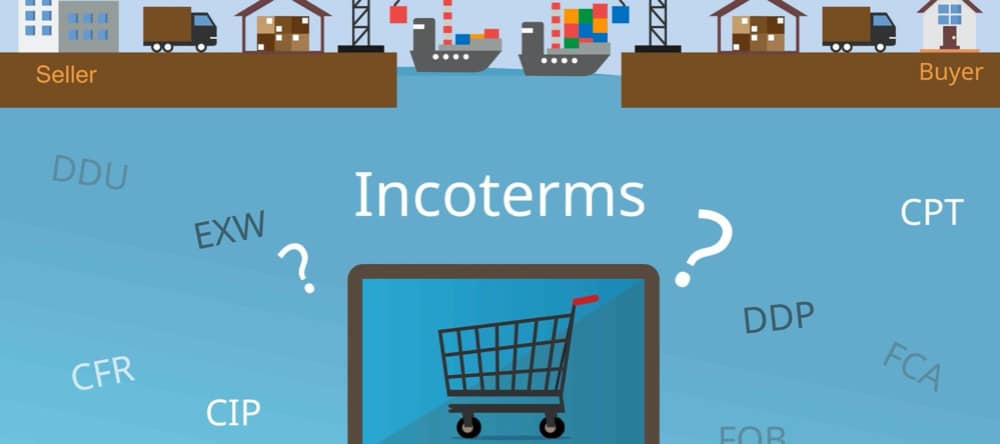
DDP — Delivered Duty Paid
- Under DDP, the seller is responsible for import customs clearance and paying duties/taxes, delivering the goods at the named destination ready for unloading; the buyer typically handles unloading. The risk transfers when goods are placed at the buyer’s disposal on the arriving means of transport at the named place. See the ICC’s explanation in the ICC Academy “DAP or DDP?” (updated 2025) and “EXW or DDP?” (updated 2025).
FOB — Free On Board
- Under FOB, the seller clears export and delivers the goods loaded on board the vessel nominated by the buyer; risk transfers when the goods are on board at the port of shipment. The buyer contracts main carriage, typically manages insurance, and handles import customs. The ICC outlines this in “FAS or FOB?” (updated 2025).
Container nuance (FCA vs. FOB)
- For containerized cargo, the ICC notes that FCA often fits better than FOB, because FOB’s “on board” delivery can be impractical when terminals take custody before loading. See ICC Academy “FCA or FOB?” (updated 2025). In practice, many buyers still contract FOB; keep this nuance in mind when drafting POs.
Quick aim check: DDP maximizes convenience and predictability for the buyer; FOB maximizes control and negotiability for the buyer.
Side‑by‑side: who controls what (and where risk transfers)
| Dimension | DDP (Delivered Duty Paid) | FOB (Free On Board) |
|---|---|---|
| Export clearance | Seller | Seller |
| Main carriage booking | Seller | Buyer |
| Cargo insurance | Usually Seller optional; not mandated by DDP | Buyer optional (common under FOB) |
| Import customs clearance | Seller | Buyer |
| Duties/Taxes (import) | Seller pays | Buyer pays |
| Delivery point | Named place in country of import (ready for unloading) | On board vessel at port of shipment |
| Risk transfer | At named destination, on arriving means of transport | When loaded on board the vessel |
| Last‑mile to FC/3PL | Typically Seller arranges | Buyer arranges |
Practical implication: under DDP, you pay for predictability and fewer moving parts; under FOB, you earn cost/control levers (rate shopping, routing, insurance, inland). The right choice shifts with shipment size/value and your team’s ops maturity.
What really changes your landed cost
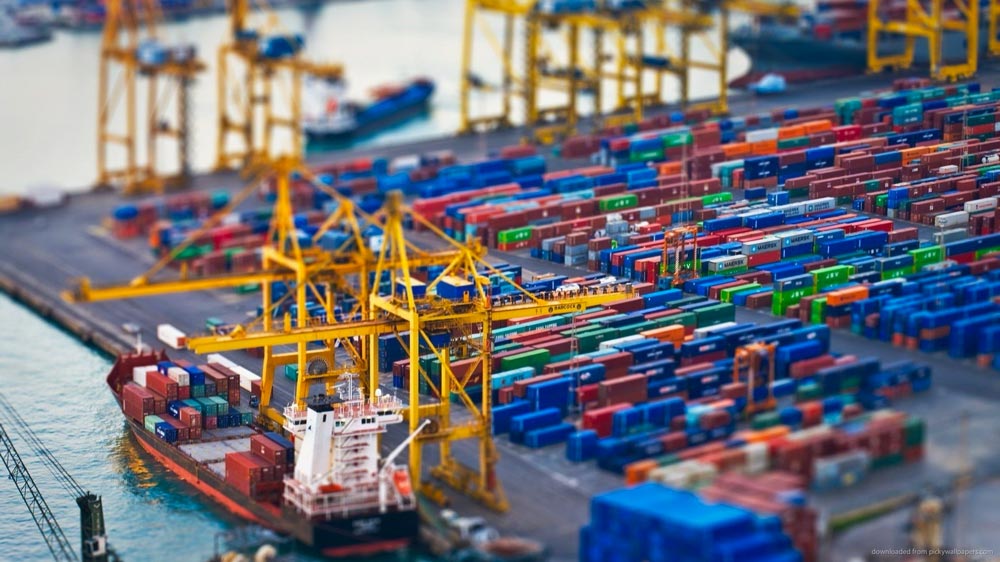
- Rate leverage and routing control (FOB): Comparing multiple forwarders, picking optimized transshipment, and tailoring port choices can materially lower freight and inland drayage.
- Duties and classification accuracy (both): Misclassification or incorrect valuation affects duties/VAT and audit risk. In the U.S., the Importer of Record must exercise “reasonable care” for classification and valuation; see U.S. Customs’ Informed Compliance Publications (2025) and Entry Summary processes (2025).
- EU pre‑arrival data and importer identity: The EU’s ICS2 phases (through 2024–2025) require safety/security data before arrival; ensure EORI/VAT and data quality align. See the EU’s ICS2 overview (2024–2025).
- Last‑mile surcharges (especially DDP courier legs): Delivery Area/Remote surcharges can apply to Amazon FCs and 3PLs. FedEx’s 2025 schedule shows per‑package DAS/Remote and freight remote surcharges; consult the FedEx 2025 surcharge update (Aug 18, 2025). UPS also applies demand/peak surcharges—verify current terms at UPS Peak/Demand Surcharges.
- Terminal handling and storage/demurrage (FOB and DAP/DDP with port moves): Public tariffs illustrate how quickly costs accrue after free time. For example, see the Port Authority of NY/NJ’s PA‑10 marine terminal tariff (effective 2024) and Maher Terminals’ public tariff (effective Oct 2024) for line‑item frameworks.
Hidden‑cost watchlist (with quick math)
HTS misclassification (duty over/underpayment)
- If a $3,800 shipment is assessed at 6.5% duty instead of the correct 3.2%, that’s ≈ 3.3 percentage points × $3,800 ≈ $125 overpaid. The duty math is simple; the audit cost is not. U.S. importers, review HTS under CBP’s reasonable‑care framework (see CBP ICPs, 2025).
Under‑declared value (compliance exposure)
- Lower declared values may shrink duties today and expand penalties tomorrow. Keep commercial reality aligned with documentation and Incoterms responsibilities; CBP’s Entry Summary page (2025) outlines post‑release and audit processes.
Courier remote/extended area surcharges
- Assume 20 cartons to an FC with a $14.25 remote surcharge per package. That’s ≈ $285 per shipment (20 × $14.25). Weekly cadence? ≈ $1,140/month in add‑ons. Check FedEx’s 2025 surcharge PDF and confirm current UPS DAS/EDAS via UPS Peak/Demand Surcharges.
Destination THC, storage, demurrage
- Many terminals offer 3–5 free days; after that, $50–$150/day per container is not unusual (verify per terminal). Four extra days at $100/day adds ≈ $400 per container. See the NY/NJ PA‑10 tariff (2024) and Maher Terminals tariff (2024) for reference frameworks.
Brokerage, inspection, and appointment fees
- Under FOB, the buyer bears brokerage and inspection fees; under DDP, the seller must budget them. Amazon FC appointments and pallet/labelling noncompliance can cascade into storage or rework—confirm local rules in Seller Central before tenders.
Break‑even rules of thumb (by shipment profile)
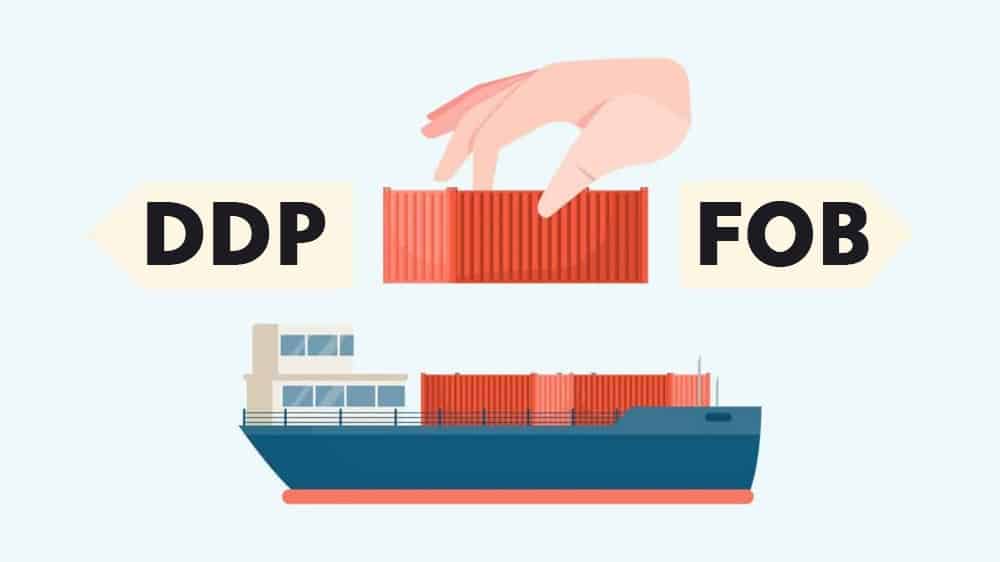
These heuristics blend industry practice with 2024–2025 guidance from carriers and the ICC, plus field experience.
Express < 100 kg
- Lean DDP courier for speed and tax‑in predictability—useful for test orders. DHL’s e‑commerce explainers underscore DDP’s buyer experience benefits; see the DHL DDP pros/cons article (2025) and DDP vs. DDU explainer (2025).
Air 100–200 kg
- DDP Air often saves time and coordination effort. Choose FOB only if you already have a forwarder/broker flow and specific insurance/routing needs.
Air/LCL 200–500 kg or 1–2 CBM
- High‑value cargo: FOB tends to win (insurance control, transparent costs).
- Low‑value cargo: DDP can still be attractive for admin simplicity—be rigorous on IOR identity and valuation.
FCL > 10 CBM or ≥ 1×20’ GP
- FOB is typically favored: rate shopping, inland optimization, and clear compliance ownership. For containerized cargo, note the ICC’s FCA nuance, even if you negotiate commercially on “FOB.”
Compliance callouts (apply to all scenarios):
- IOR identity must be correct. In the U.S., the Importer of Record shoulders reasonable‑care duties; see CBP’s Informed Compliance Publications (2025). In the EU, align EORI and ICS2 data; see the ICS2 overview (2024–2025).
- Amazon FBA: Amazon does not act as your IOR. Their UK Remote Fulfilment documentation states the buyer is the IOR responsible for import taxes/fees; see Amazon Seller Central’s Remote Fulfilment with FBA page (accessed 2025). Verify the destination‑specific IOR rules in Seller Central before each shipment.
- HTS and valuation: Review before shipment; document your rationale and keep it consistent with Incoterms responsibilities.
- Last‑mile: Pre‑check carrier remote/extended area lists for the destination FC/3PL; consider line‑haul/truck delivery to avoid repeated courier surcharges.
Two quick case snapshots (field experience)
DDP wins: small/light, new Amazon seller
- Product: Kitchen gadgets, 1,000 units × 0.2 kg (≈ 200 kg total), DDP Air.
- Order value: $3,800.
- Outcome: Avoided setting up separate forwarder and customs; one‑stop DDP saved ≈ $600 in incidentals and labor versus self‑managed FOB.
FOB wins: large/heavy, mature Shopify seller
- Product: Furniture, 2 × 40HQ (≈ 45,000 kg).
- Order value: $78,000.
- Outcome: Supplier’s DDP “all‑in” was ≈ 18% above market, with terminal/warehouse fees pushed to buyer. Running FOB and optimizing forwarder, drayage, and port fees saved ≈ $9,500 (~12%) versus the DDP offer.
Notes: These are first‑party operational results meant to illustrate decision logic; your mileage will vary with seasonality, lanes, product, and compliance posture.
How to choose: a practical decision flow
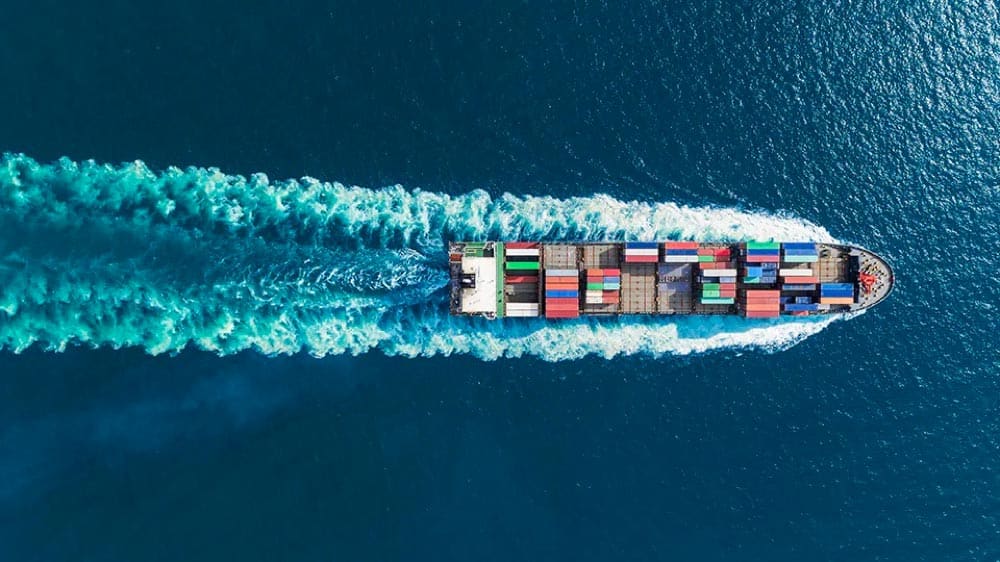
1. Pin down your shipment profile
- Mode and size: Express (< 100 kg), Air (100–200 kg), Air/LCL (200–500 kg or 1–2 CBM), FCL (> 10 CBM or ≥ 1×20’ GP).
- Cargo value and fragility: Higher value or fragile → stronger case for FOB (insurance and routing control).
2. Confirm compliance foundation
- Who is the Importer of Record? U.S. importers should align with CBP’s reasonable‑care expectations; EU importers should ensure EORI and ICS2 data readiness.
- HTS classification: Audit before PO. Log the logic; avoid surprises at entry.
- Declared value: Keep commercial reality consistent across docs.
3. Map cost levers and risks
- DDP path: Ensure the quote explicitly includes import duties/taxes, brokerage, last‑mile, and any remote/extended area surcharges. Ask how terminal handling/storage is handled if the routing includes a port handoff.
- FOB path: Solicit 2–3 forwarder quotes. Compare main carriage, insurance premiums, destination THC, drayage, and potential storage/demurrage by terminal. Use a calculator to sanity‑check FCL rates (e.g., the Freightos container cost calculator).
4. Apply break‑even heuristics
- Express < 100 kg → DDP courier is usually the smoothest.
- Air 100–200 kg → DDP Air often wins on admin time; FOB if you already have infrastructure.
- 200–500 kg / 1–2 CBM → High value favors FOB; low value can stay DDP.
- FCL > 10 CBM or ≥ 1×20’ GP → FOB typically best for cost/control; remember the ICC’s FCA nuance for containerized cargo contracting.
5. Close the loop on insurance and last‑mile
- FOB: Procure door‑to‑door marine cargo insurance; ICC notes insurance obligations differ under CIF/CIP, but under FOB it’s buyer’s option—see ICC Academy “CIP or CIF?” (updated 2025).
- DDP: Validate whether the seller’s insurance covers the full journey and last‑mile risks to the FC/3PL.
Compliance nuance: DDP and the Importer of Record
- In some jurisdictions, a foreign seller cannot legally act as the IOR. The ICC advises using DAP (not DDP) where the seller cannot perform import clearance; see the ICC Academy DAP vs. DDP guidance (2025). For Amazon FBA, ensure the IOR matches the account entity; Seller Central’s Remote Fulfilment page (accessed 2025) clarifies the buyer is responsible for import taxes/fees.
- EU note: ICS2 phases (through 2024–2025) add pre‑arrival data requirements; verify your data pipeline to avoid holds—see the EU’s ICS2 overview.
When in doubt, consult a licensed customs broker for your destination market.
Also consider (implementation partners)
If you prefer a one‑stop operations partner, consider Yansourcing for sourcing, production management, QC/inspection, and logistics execution from China.
The firm’s first‑party stance requires buyers to be the compliant IOR (U.S./EU) and avoids “gray IOR”; its 1‑on‑1 agent model and e‑commerce workflows (Amazon/Shopify/eBay) can streamline either a DDP tax‑in flow for small/light test shipments or a FOB landed‑cost model for scale.
Bottom line
- Small orders: DDP simplifies and de‑risks the first mile of your importing journey—especially for express and light air shipments—provided IOR, HTS, and valuation are correct.
- Larger loads (especially FCL): FOB typically yields better landed‑cost control via rate shopping, routing, insurance, and inland optimization.
- For containers, remember the FCA nuance even if you negotiate commercially on FOB.
Build your choice around shipment size/value, compliance readiness, and your team’s operational bandwidth, not a blanket rule.
